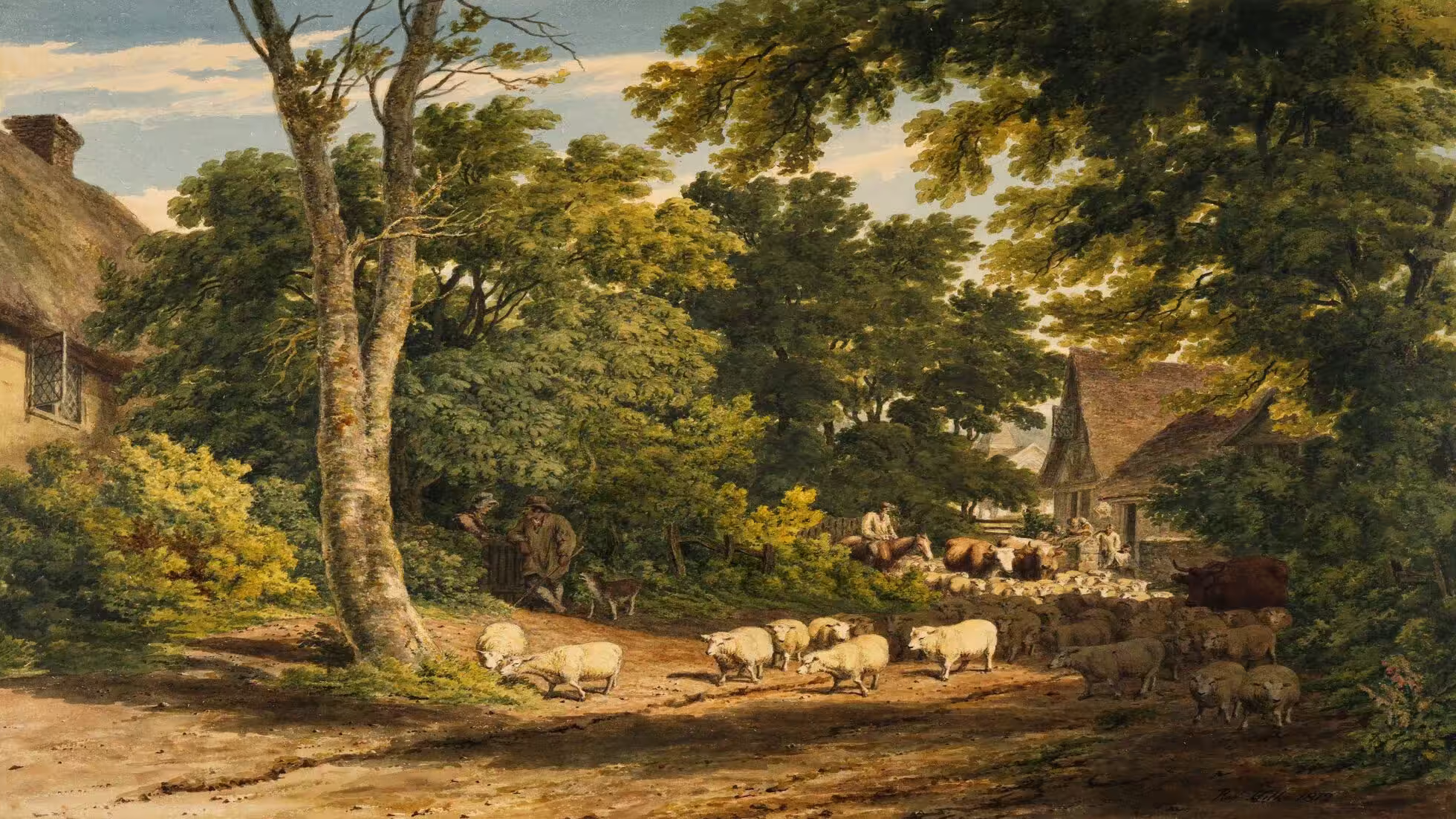The Imperative of Building Smart Seedling Factories

Importance of the Project
China faces a shortage of arable land, particularly high-quality plots suitable for vegetable production. Despite the decline in farmland, the scale of vegetable production continues to expand, necessitating an increase in cropping index to maximize land output and economic benefits. Over the past decade, specialized, intensive, and large-scale vegetable production bases have emerged in many regions. The rapid development of these commercialized production bases requires high-efficiency, fast, high-quality, and advanced seedling factories or centers to supply superior seedlings. Over 60% of vegetable varieties in production rely on seedling transplantation. Nationwide, the annual demand for seedlings is estimated at 400-500 billion, yet most seedlings are still cultivated by scattered individual households. This situation highlights the urgent need for centralized, commercialized, and large-scale seedling cultivation based on market demand for year-round planned production.
Vegetable farming is one of Zhejiang’s top ten agricultural industries, serving as a pillar for enhancing agricultural efficiency and increasing farmers’ incomes. During the “12th Five-Year Plan” period, efforts focused on developing high-efficiency ecological agriculture, aiming to establish the Yangtze River Delta as a key regional vegetable production area. Zhejiang’s vegetable industry has shown stable area and output growth alongside rapid increases in value. Statistics indicate that in 2013, Zhejiang’s permanent vegetable bases covered 128,690 hectares, with Hangzhou leading at 25,430 hectares. The total sown area in permanent vegetable bases reached 332,790 hectares, accounting for 51% of the total vegetable planting area, with a cropping index of approximately 2.6. As land consolidation progresses, seedling demand from planting bases continues to rise.
Necessity of the Project
Agricultural industrialization is essential for modernizing China’s agriculture. Industrialization involves using modern science, technology, and management to transform traditional industries and create new ones. Consequently, achieving vegetable industrialization must rely on scientific and technological support. This project exemplifies the application of advanced technology and highlights the increasing contribution of science to agricultural production, aligning with the inevitable trend of vegetable industrialization.
Seedling cultivation is a critical technical step in vegetable production. The quality of seedlings almost determines the production outcomes. Industrializing seedling production is essential to consistently provide growers with high-quality seedlings. Currently, Yuhang District lacks a large-scale vegetable seedling breeding base, and most seedlings come from small-scale, traditional household methods, resulting in low-quality seedlings with poor survival rates. For example, the demand for tomato and watermelon seedlings in local greenhouses far exceeds the current supply. Additionally, existing facilities are primarily simple structures with low technological content and poor resistance to natural disasters, leading to unstable production and market supply fluctuations that fail to meet growing demands. Therefore, establishing a factory-based vegetable seedling production base is imperative.


